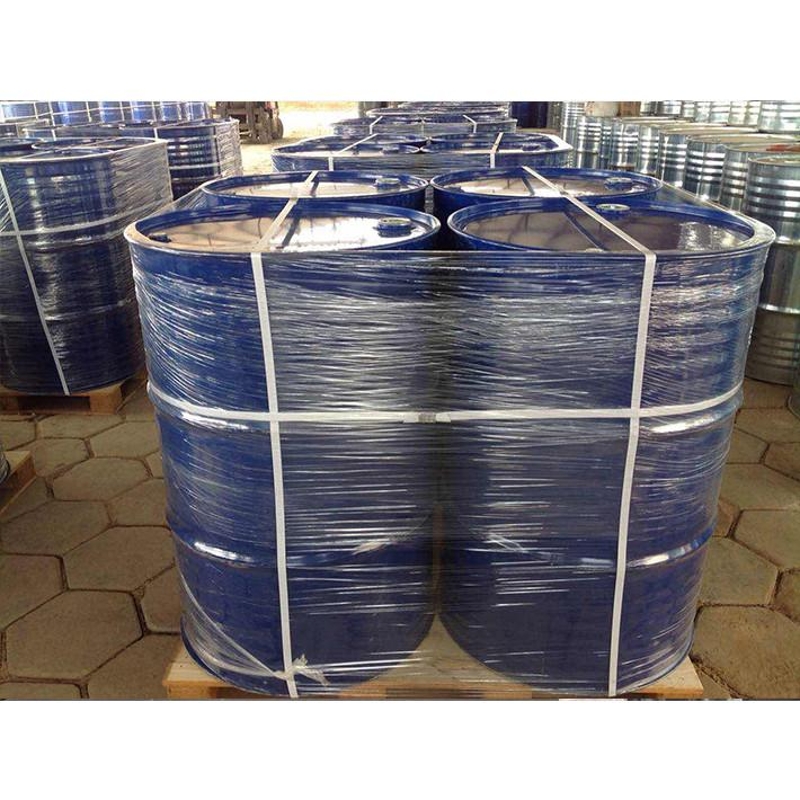-
Categories
-
Pharmaceutical Intermediates
-
Active Pharmaceutical Ingredients
-
Food Additives
- Industrial Coatings
- Agrochemicals
- Dyes and Pigments
- Surfactant
- Flavors and Fragrances
- Chemical Reagents
- Catalyst and Auxiliary
- Natural Products
- Inorganic Chemistry
-
Organic Chemistry
-
Biochemical Engineering
- Analytical Chemistry
-
Cosmetic Ingredient
- Water Treatment Chemical
-
Pharmaceutical Intermediates
Promotion
ECHEMI Mall
Wholesale
Weekly Price
Exhibition
News
-
Trade Service
| Scientists discover a new pathway for alfalfa haploid induction |
Recently, the research team of Lin Hao, a researcher at the Institute of Biotechnology of the Chinese Academy of Agricultural Sciences, successfully achieved haploid induction in Medicago truncatula using gene editing technology, providing a new breakthrough path for the establishment of legume pasture and crop haplotype system
.
Related research results were published in " Plant Biotechnology Journal " ( Plant Biotechnology Journal )
.
Plant Biotechnology Journal
Lin Hao introduced that alfalfa is a world-renowned fine pasture and the largest leguminous forage crop in China.
It enjoys the reputation of "king of pasture" due to its rich protein, soil improvement and high economic value
.
As the dietary structure of Chinese residents continues to upgrade, the demand for dairy products, beef and mutton and other herbivorous livestock products continues to increase, and the demand for high-quality legumes such as alfalfa has increased rigidly
.
The haploid seed technology can achieve rapid homozygous genetic material through the combination of haploid induction and doubling technology, and significantly accelerate the process and efficiency of pure line breeding.
It is a common key technology in agricultural biological breeding
.
But at present, the research on in vivo haploid induction of legumes is still blank, which limits the application of haploid seed technology in the breeding of legumes such as alfalfa
.
Researchers found that the maize haploid-inducing gene ZmDMP is highly conserved in legume pastures and crops such as alfalfa truncatula, alfalfa and soybeans
.
Further using the diploid Medicago truncatula, which is a related species of alfalfa, as a research system, it was found that the simultaneous deletion of the ZmDMP homologous genes MtDMP8 and MtDMP9 in Medicago truncatula could induce haploid production by gene editing technology
.
On this basis, hybridization of mtdmp8 and mtdmp9 double mutants with different ecotypes of Medicago truncatula parents can induce maternal haploid materials, which proves that ZmDMP homologous genes have maternal haploid induction functions in legumes
.
This research work used gene editing technology to successfully extend the ZmDMP-mediated corn haploid induction system to legumes for the first time.
In order to analyze the haploid induction mechanism of legumes, create legume pastures and crops such as alfalfa and soybeans.
The technical system of haploid sports lays an important foundation
.
Wang Na, a doctoral student at the Institute of Biotechnology, Chinese Academy of Agricultural Sciences, is the first author of the paper, and Lin Hao is the corresponding author
.
Wang Kejian, a researcher at the Chinese Rice Research Institute of the Chinese Academy of Agricultural Sciences, and Cheng Hongmei, a researcher at the Institute of Biotechnology, provided great help to this research work
.
Related paper information: https://doi.
org/10.
https://doi.
org/10.
1111/pbi.
13740







